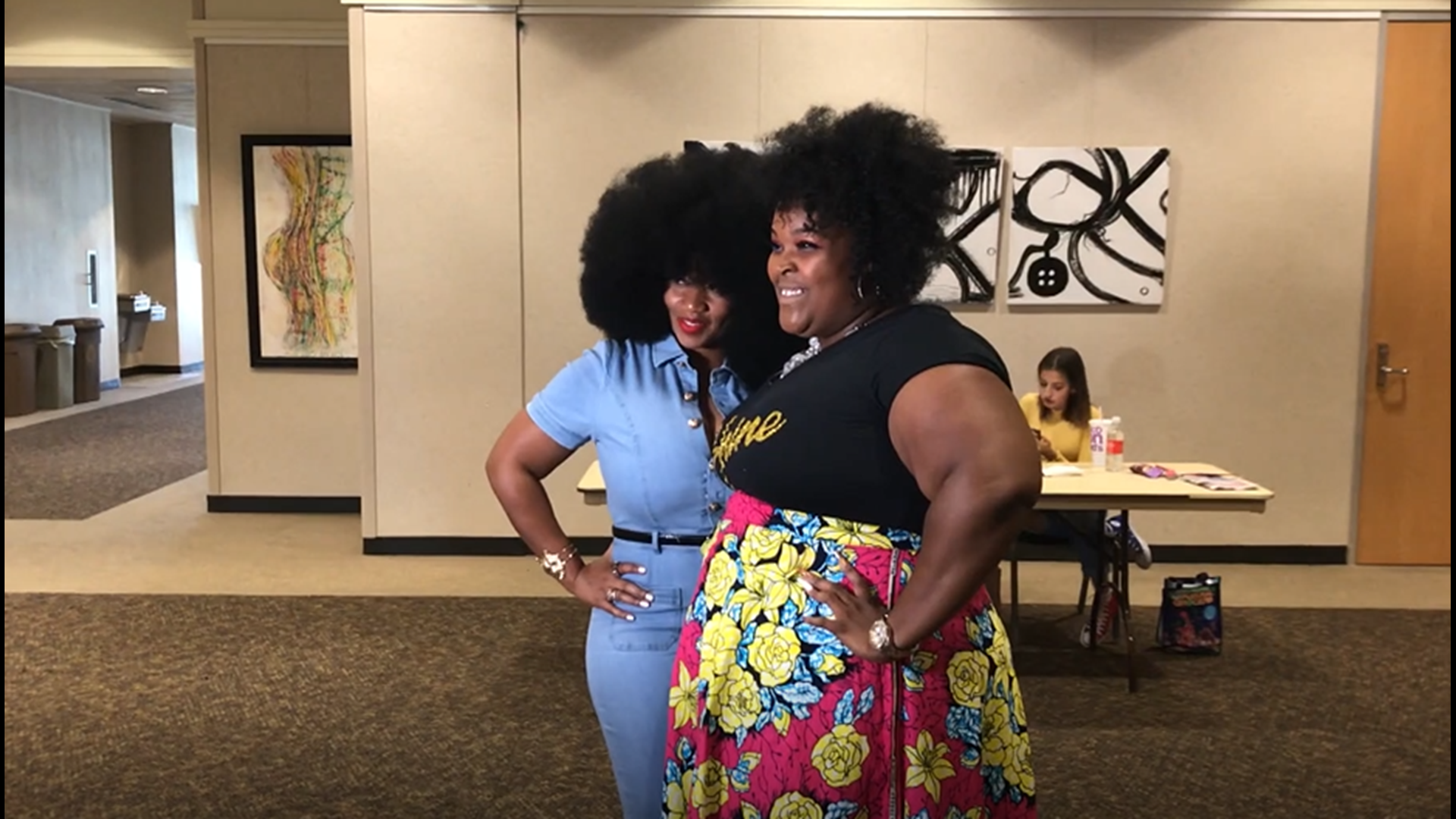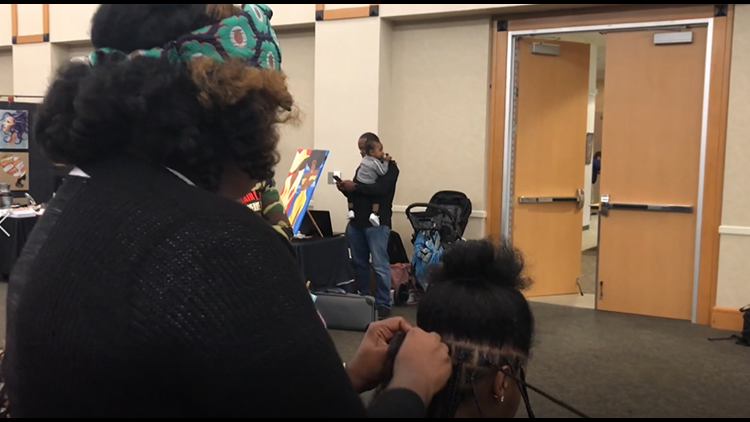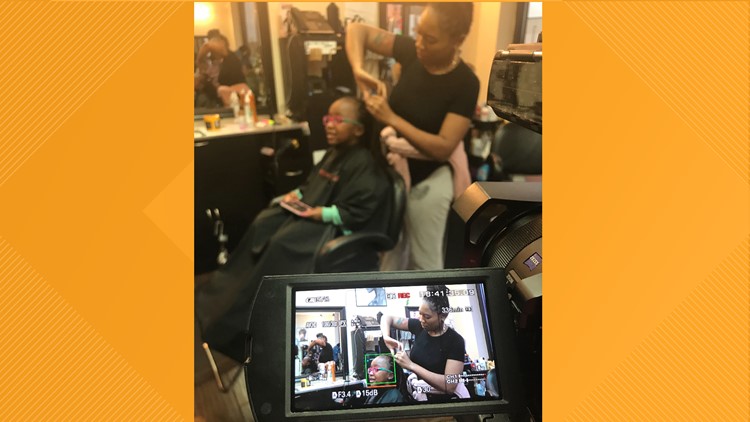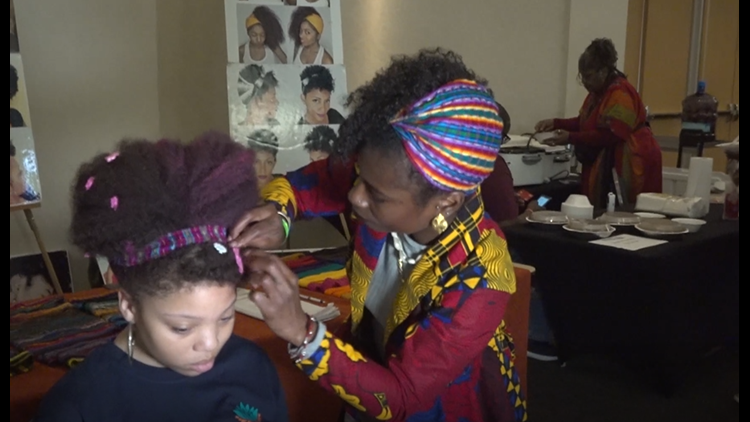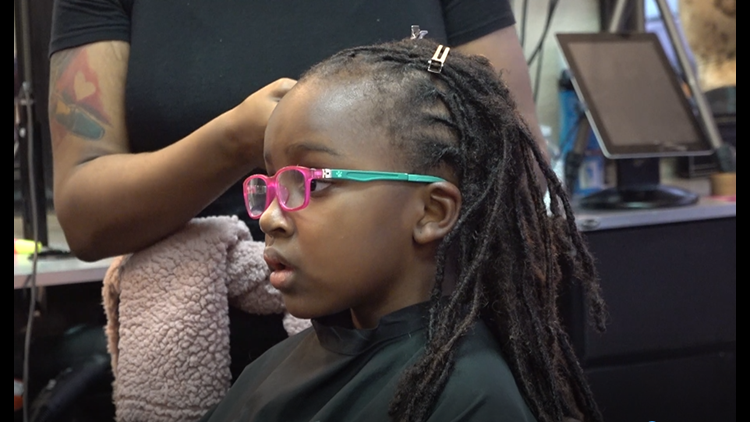TEMPLE, Texas — If you've never met Aevin Dugas, chances are you have never seen an Afro quite like hers.
"I had to submit measurements and then Guinness came to New Orleans to measure my hair to check to see if it was real, and that was it," Dugas said.
Measuring at 4 feet 7 inches, Dugas holds the Guinness World Record title for the largest female Afro. While speaking at a Natural Hair Expo in Killeen, Dugas said wearing her afro isn't an everyday thing.
"People stare and people want to touch, so I don't really wear my hair out like this. I don't wear my hair out like this unless it’s for something special, because it can get kind of weird," Dugas said.
RELATED: Living in Color | A candid conversation about natural hair and navigating America as a minority
Britt McKnight is a stylist at Salon Monai in Killeen. She specializes in natural hairstyles. She said more black women are coming to the salon to embrace their natural beauty.
"They are starting to see other women who are natural, and that it is possible to be natural and have nice beautiful healthy hair," McKnight said.
For years, black women put cremes and chemicals such as relaxers in their hair in an effort to make it straight. The goal was to model European beauty standards after being told straight hair was more beautiful and professional--especially at work.

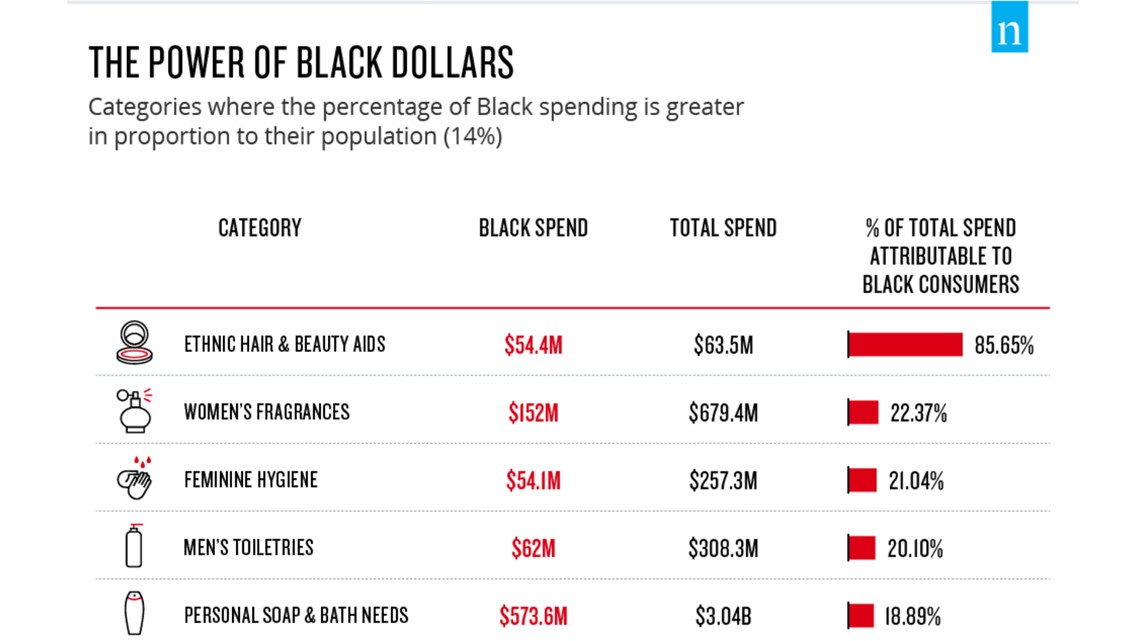
“This is who you are,” McKnight said. “You can straighten your hair but is that really going to be considered professional in everyone’s standard, or just your job's standard."
In the early 2000s, the Natural Hair Movement formed. The movement encourages women and men of African descent to keep their natural afro-textured hair.
Seven years ago, Waco Mayor Pro Tem Andrea Barfield made the decision to wear dreadlocks.
"I color it. I style it. I do all the things you do with hair. The hair that comes out of our head is beautiful," Barfield said.
RELATED: Armed Forces Natural Hair and Health Expo encourages women of color to embrace who they are
She said wearing locks was never a problem for her on the job or in society but is aware The Crown Act is being pushed in major states like Maryland, California and New York. The act is a move to ban discrimination at work based on hair.
"It’s shameful someone has to put in law a policy that was given to us by our birthright,” Barfield said.
Women aren't the only ones choosing to say rooted in culture, so are men.
"It means so much to me. It’s my hair. It’s my African American heritage,” Cuevas Peacock said.
I am not my hair | A look at a few natural hairstyles
Peacock is the Assistant Director of Community Relations and Cultural Wealth at Baylor University. He has been wearing dreadlocks for 11 years. He said at times he tried to overcompensate for others judging him based on his look.
"Instead of me trying to be two times better as people, I would try to be four times as better, just in knowing something so natural to me might be used against me," Peacock said.
He said wants others to understand there's a long legacy around locks and being natural.
"From Rastafarian in Jamaica to pharaohs in Egypt, to the Mau Mau in Kenya, these are African warriors who worked for freedom and independence from British rule,” Peacock said. “All these people would take on hair as a sign of strength, a sign of peace, freedom and courage. Just know that your hair is more than just about the way it looks, but about the legacy it holds as well."
More natural hair stories on KCENTV.com:
RELATED: Natural hair discrimination: Kentucky’s upcoming legislative battle and the history behind the hate
RELATED: Natural hair movement is growing

